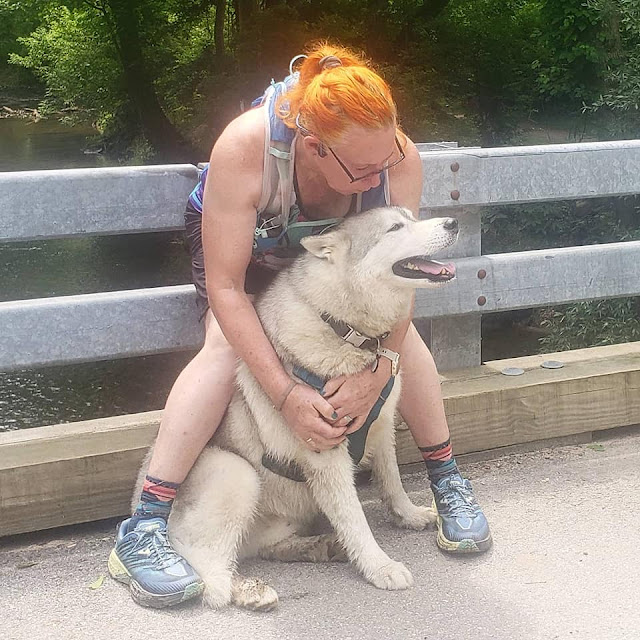 |
| Hanging out in a Yurt in Tibet with the Golok nomads. Drinking Barley Tea, heated by burning dried yak turds. |
 |
| Some temple details. This was on the Tibetan Plateau in the hometown of the present Dali Lama. |
Watching a friend head off to Nepal to climb Island Peak had me realize that I have never written about my Nepal trip. Now I'm not going to rain on his adventure, one of these days I'll write about it, but today I'm going to write about my first big adventure, traveling across China/Tibet/Mongolia in 1980.
---
The year was 1980. I was only 26 and never have been out of the country. I've been climbing rock & ice for 5 or more years and was obsessed by the sport. I read all the classics of the genre, legendary heroes who tackled the Himalayan peaks; leading expeditions deep into Pakistan to climb K2. I loved folks like Shipton & Tilman, who would sail the world oceans, travel to places like Borneo, bushwack through the jungles, climb the highest peak and return. My heart was full of adventure, and I needed some.
A bunch of explorers founded a company called Mountain Travel and began offering adventure trips around the world. At this time, China had closed its borders to the world. It had suffered through the Cultural Revolution which had brought turmoil, deaths and massive upheaval of the population. It was known as the "ten years of chaos". The end came when a new leader, Deng Xiaoping was elected. Mountain Travel was able to score a travel permit, only the 2nd issued to a western company, as China cautiously opened back up.
The trip was billed as a examination of Buddhism's spread and influence into China. We would follow its path as it spread along the "Silk Road" all the way to Beijing. The Silk Road was the primary trade route for goods and spices from the West. From Wikipedia:
During its roughly 1,500 years of existence, the Silk Road endured the rise and fall of numerous empires and major events such as the Black Death and the Mongol conquests. As a highly decentralized network, security was sparse. Travelers faced constant threats of banditry and nomadic raiders, and long expanses of inhospitable terrain. Few individuals crossed the entirety of the Silk Road, instead relying on a succession of middlemen based at various stopping points along the way. In addition to goods, the network facilitated an unprecedented exchange of ideas, religions (especially Buddhism), philosophies, and scientific discoveries, many of which were syncretised or reshaped by the societies that encountered them. Likewise, a wide variety of people used the routes. Diseases such as plague also spread along the Silk Road, possibly contributing to the Black Death.
Our itinerary was to start in the east side of the country and follow the spread of Buddhism across the country to the west, with trips to Mongolia and Tibet. We had 2 professors of Comparative Religions as our tour leaders. We would stop and visit significant religious sites and the profs would offer context. One of the professors had spent a year in a cave in Nepal meditating, and now between trips and classes, worked on Alaskan fishing boats.
China was a broken country trying to heal itself after the turbulent years. Parts of country haven't changed since the 12th century. We traveled using airplanes, trains, buses, boats, rafts, pony, Chinese Army trucks and by foot. The trip was totally amazing and instilled in me a lifelong desire for travel and adventure. Let's get started.
 |
| Looking out from my tent at the foothills. We're at about 12,000 feet up on the Tibetan Plateau. |

.jpg)


can't wait for more!!
ReplyDeleteThank you for sharing. I"m looking forward to continuing this journey!
ReplyDelete